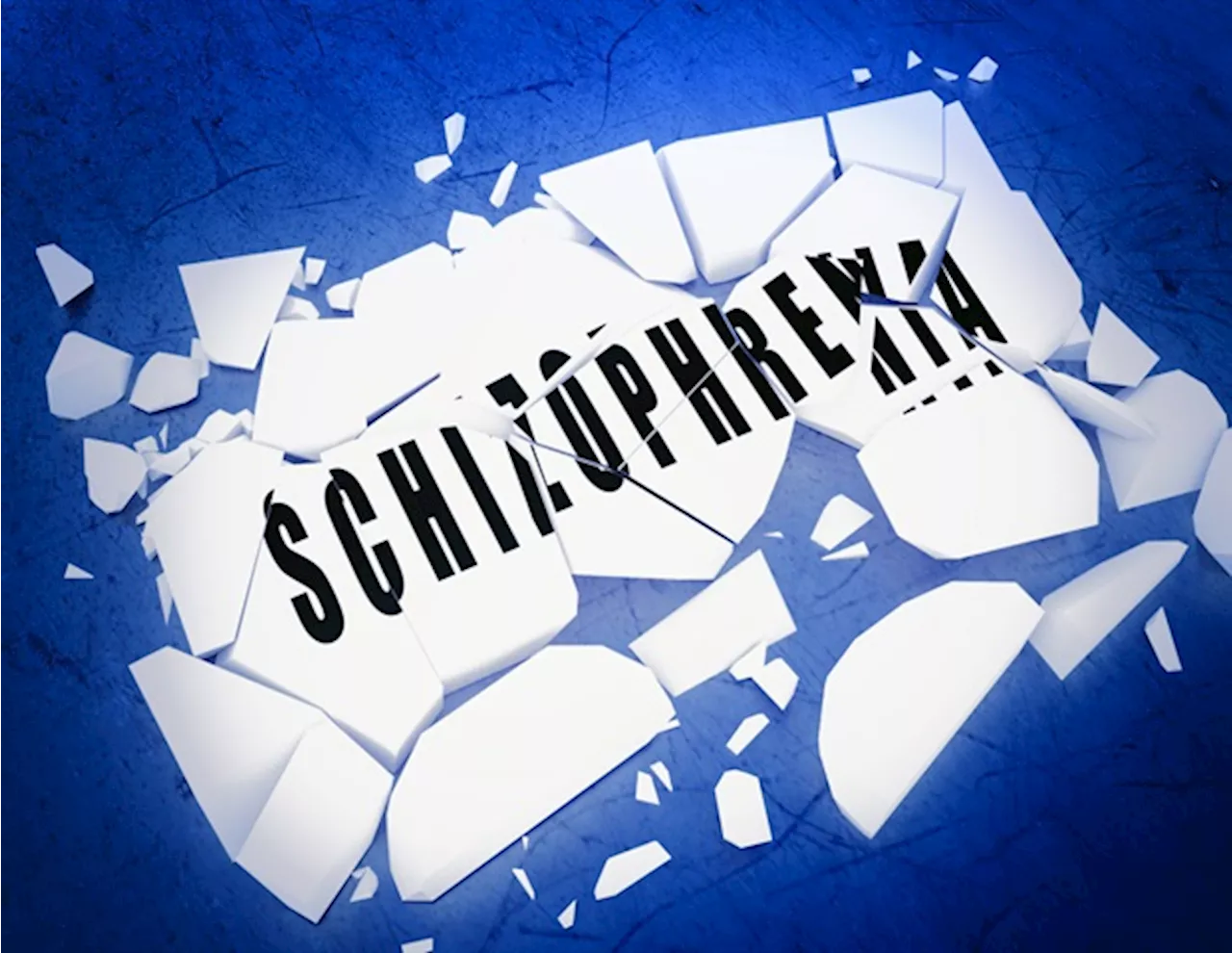Schizophrenia, which affects up to 1% of the population, is a neuropsychiatric disorder characterized by multiple symptoms.
University of GenevaJul 2 2024 One of the most common, and for which there is no treatment, is apathy and lack of motivation. By comparing neural activation between a group of patients and a control group during a reward-based game, a team from the University of Geneva and the University Hospitals of Geneva , in collaboration with researchers from Charité Berlin, has deciphered the neural bases of this disorder.
What occurs in the brain, particularly in the neural reward system, the seat of motivation and behavioural response? Using MRI, scientists aimed to ascertain whether individuals with schizophrenia exhibit distinct neural responses compared to those without a mental disorder, and whether these responses correlate with clinical observations.
'To stimulate the reward networks, the game allows you to win money - up to around CHF 40. At the start of each session, a circle appears indicating the possible reward: an empty circle , a circle with a bar , or a circle with 2 bars . Then three other circles appear. The one on the right or the one on the left differs from the other two; players must press the corresponding button as quickly as possible.
Hypoactivation or saturation During the first session, individuals with schizophrenia exhibited lower activation levels compared to the ''controls'', particularly when the reward was low, as if their brains were struggling to activate. On the other hand, during the second session, many of them saw their brain activity increase considerably, even beyond the control group who maintained the same level of activation.
Bases Brain Brain Stimulation Medicine Psychiatry Psychotherapy Research
United Kingdom Latest News, United Kingdom Headlines
Similar News:You can also read news stories similar to this one that we have collected from other news sources.
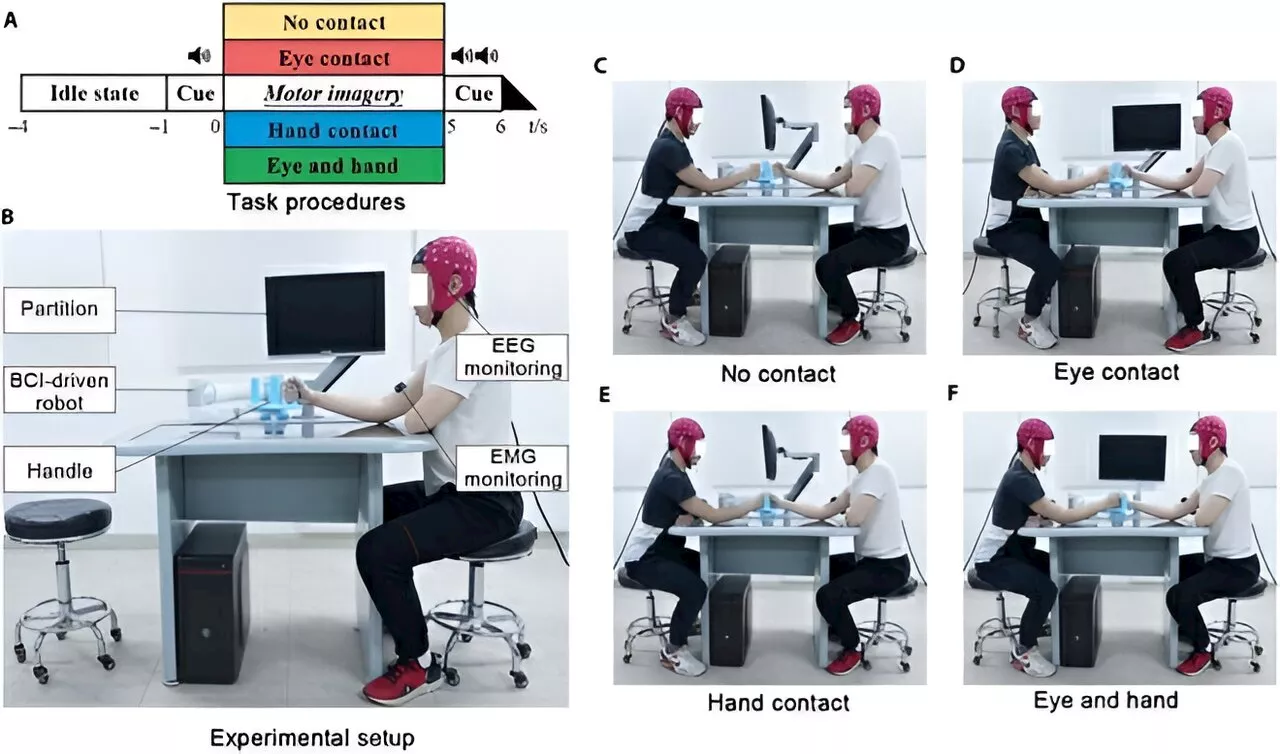 Brain-to-brain technology boosts brain-computer interface performance, study demonstratesA study from Tsinghua University in collaboration with Imperial College London has unveiled a novel technique that significantly enhances brain-computer interface (BCI) systems by integrating brain-to-brain interactions among users.
Brain-to-brain technology boosts brain-computer interface performance, study demonstratesA study from Tsinghua University in collaboration with Imperial College London has unveiled a novel technique that significantly enhances brain-computer interface (BCI) systems by integrating brain-to-brain interactions among users.
Read more »
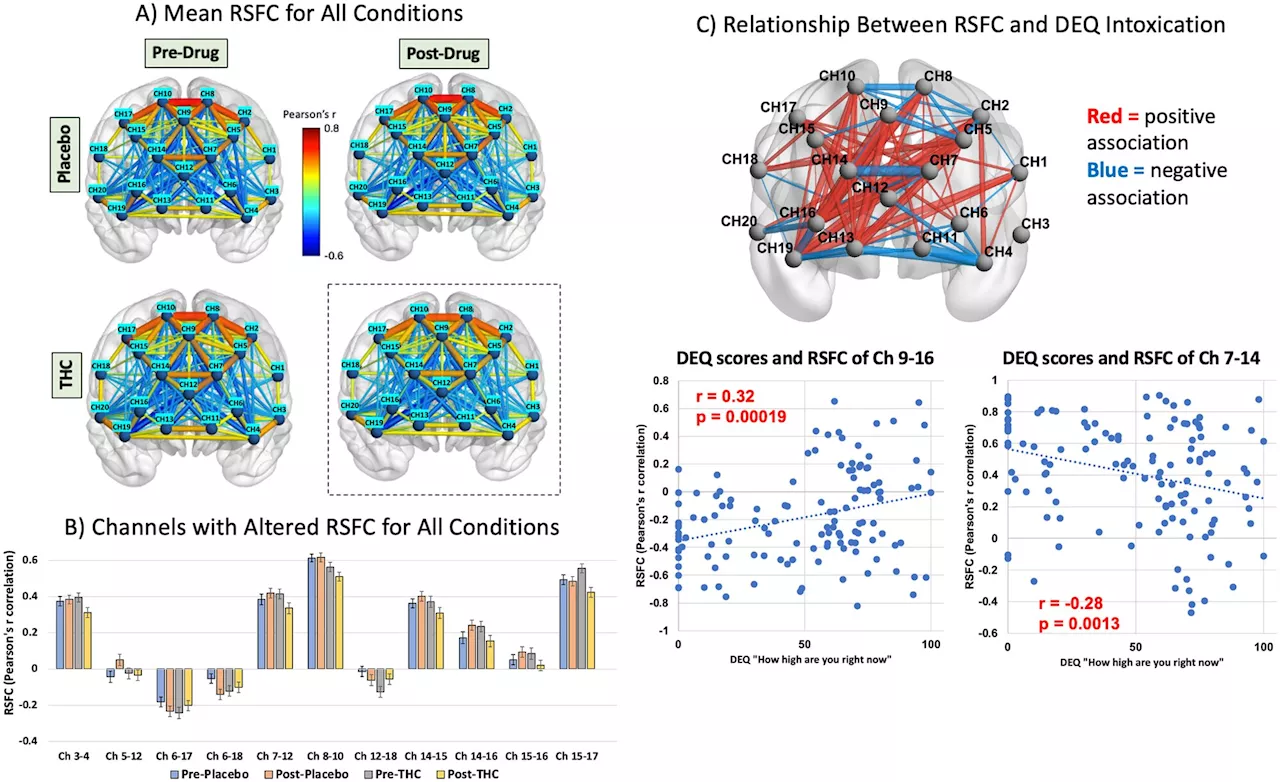 Brain imaging study shows how THC in cannabis disrupts brain activity and may cause cognitive impairmentA new study led by investigators from Massachusetts General Hospital reveals that the main psychoactive component in cannabis or marijuana disrupts the normal connections and activity of the brain's prefrontal cortex, a region that is crucial for decision-making and self-control.
Brain imaging study shows how THC in cannabis disrupts brain activity and may cause cognitive impairmentA new study led by investigators from Massachusetts General Hospital reveals that the main psychoactive component in cannabis or marijuana disrupts the normal connections and activity of the brain's prefrontal cortex, a region that is crucial for decision-making and self-control.
Read more »
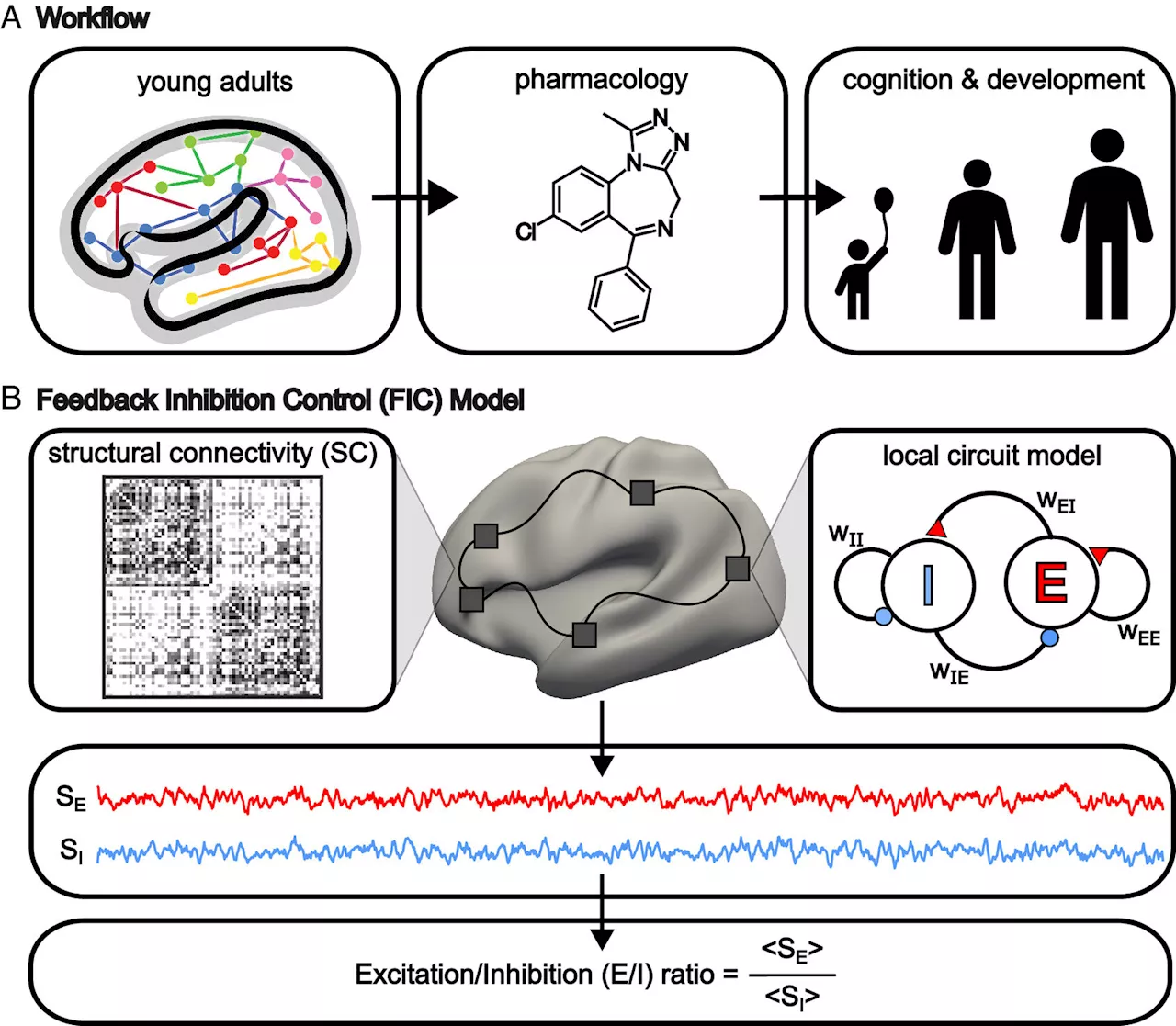 Neural balance in the brain is associated with brain maturity and better cognitive ability, study findsIn a world where external and internal stimuli can throw our entire body system off balance, how does our brain prevent itself from becoming overly stimulated?
Neural balance in the brain is associated with brain maturity and better cognitive ability, study findsIn a world where external and internal stimuli can throw our entire body system off balance, how does our brain prevent itself from becoming overly stimulated?
Read more »
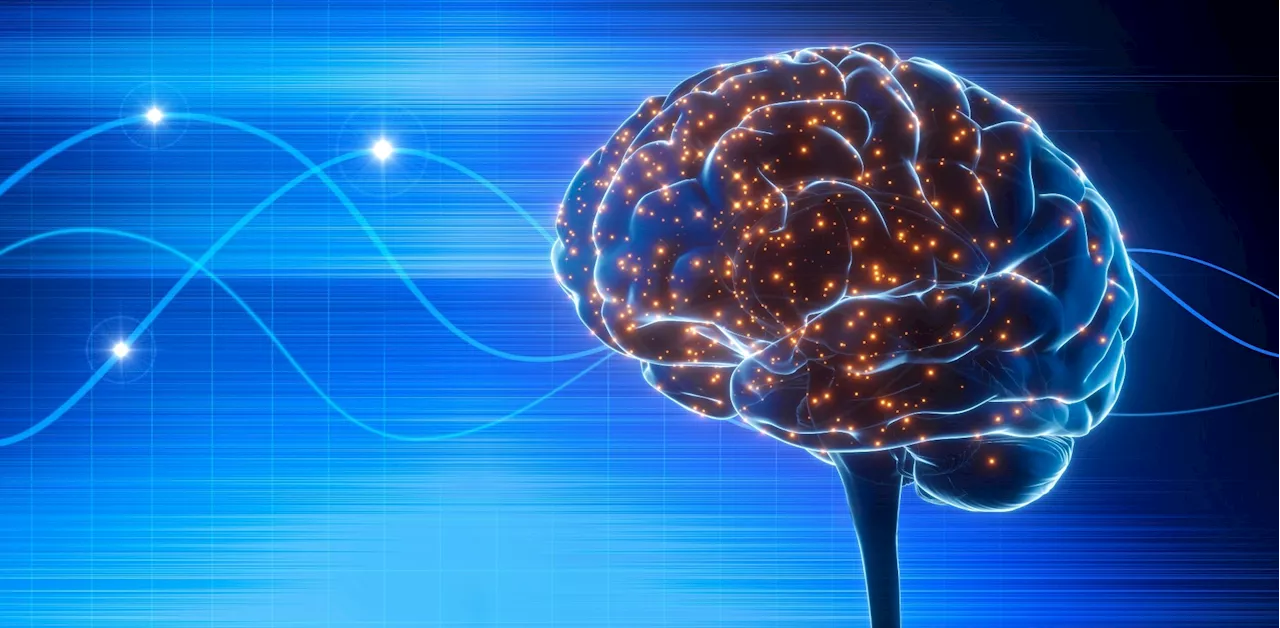 New brain scan tool reveals key insights into childhood brain developmentStudy demonstrates that the OPM-MEG tool effectively tracks brain development and neural oscillations in individuals aged 2 to 34, offering new insights into neurological health and development.
New brain scan tool reveals key insights into childhood brain developmentStudy demonstrates that the OPM-MEG tool effectively tracks brain development and neural oscillations in individuals aged 2 to 34, offering new insights into neurological health and development.
Read more »
 Doctors told me I had anxiety but it was actually a brain tumour – don’t ignore the signs like I did...Brain Tumour facts- 10 things you should know about brain tumours
Doctors told me I had anxiety but it was actually a brain tumour – don’t ignore the signs like I did...Brain Tumour facts- 10 things you should know about brain tumours
Read more »
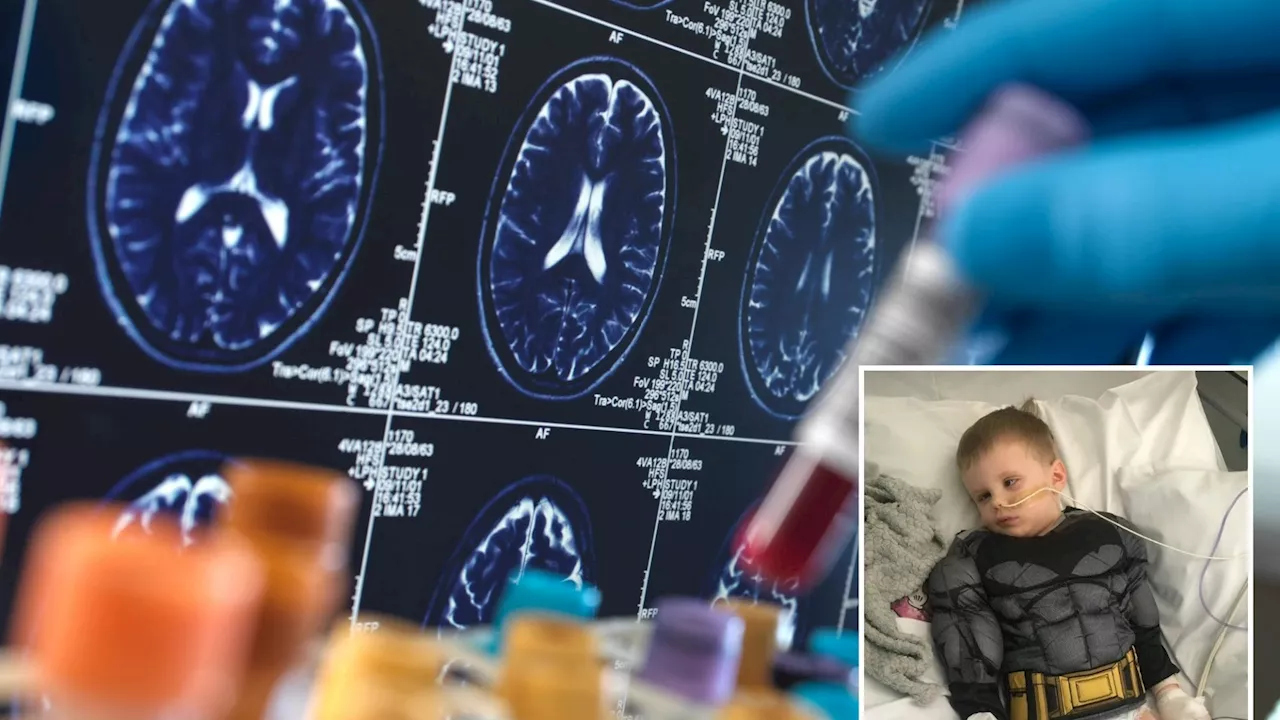 Breakthrough cancer test can spot brain tumours in children in just 10 minutes...Brain Tumour facts- 10 things you should know about brain tumours
Breakthrough cancer test can spot brain tumours in children in just 10 minutes...Brain Tumour facts- 10 things you should know about brain tumours
Read more »
